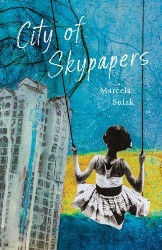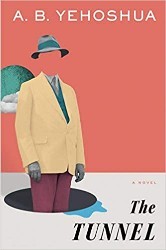Melissa Studdard is already an accomplished poet, but her newest collection—Dear Selection Committee—feels special. Framed as a job application, the book disrupts and actively fights against the ways that work has taken over people’s lives in recent years. Surprising and defiant, Studdard’s poetry feels especially poignant now, as a recession and inflation loom overhead.
Most of the poems included in Dear Selection Committee are flamboyant, and they embrace the luxuries of the body. In fact, the body is central to Studdard’s collection. The eponymous first poem, “Dear Selection Committee,” sets this tone for the works to come. The speaker writes, “Dear Selection Committee,/ I would like to be considered for the position/of drinking a bottle of chardonnay every night/and then making love with the most beautiful person/I know until we both pass out.” The book revels in the joys of physical pleasure to the point of extravagance; it’s the speaker’s main goal. For Studdard, finding such joy in the body is the work of being a person today.
Another poem, “The Angel,” rejects competitive individualism in favor of cooperative community building. The speaker explains, “I was competing/about something financial, but the duck’s/ extraordinary luck made me say No man,/ this shit won’t fly.”Living a “good” life, according to Studdard, means appreciating the ordinary as if it were the extraordinary, and sharing these experiences with the people around us. When so many feel anxious about their jobs, Studdard’s poetry serves as a reminder that the work of embracing oneself and one’s needs is equally, if not more, important.
A key part of this work involves leaning into creativity. For Dear Selection Committee, a primary means of escaping the talons of the corporate world comes through artististic pursuits. In that way, the collection’s application is really an application to be an artist. In the poem “Inside the Beige Brick House, the Beige Rooms,” the speaker expresses their desire to escape convention and traditional expectations: “I buried/everything they told me to bury. Then, I dug it up again” (12). As the collection’s form implies, this expectation to bury ourselves is a capitalist project, ensuring that we follow a mapped-out existence. For the speaker of the poem, what we’ve been made to bury is essential to living a full life — and it can only stay buried for long.
Dr. Megan Reynolds is the Development Manager for the National Book Foundation. Before joining the National Book Foundation, Megan Reynolds served as the Development Coordinator at Jewish Book Council. Megan holds a Ph.D. in English from the University of Oregon and BA in English with minors in Creative Writing and Spanish from Trinity University. She is originally from New Mexico and now lives in New York City.





